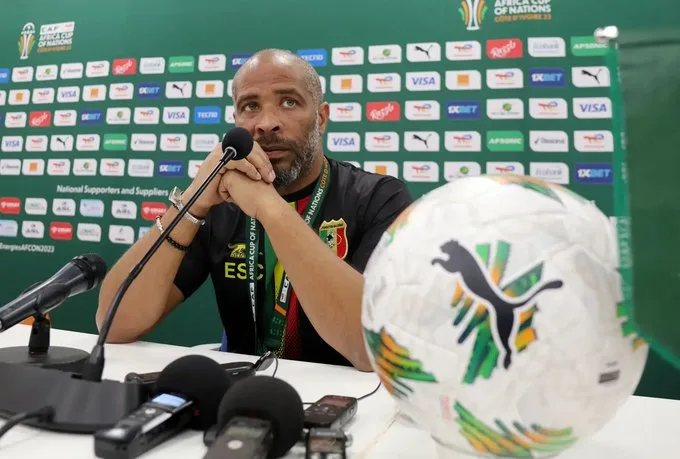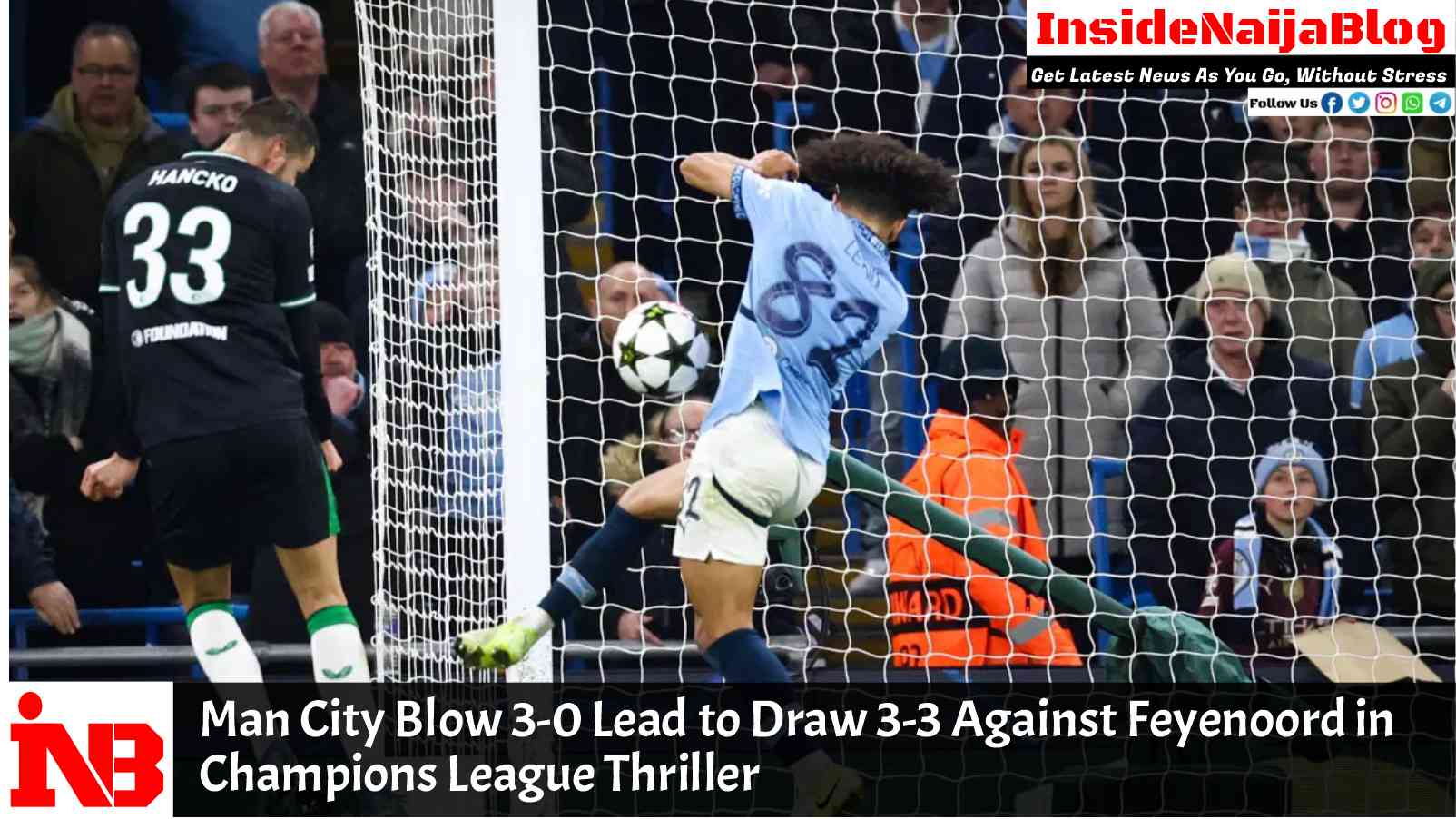Former Chelsea manager Graham Potter has publicly acknowledged his role in the club’s disappointing performance during his tenure, which ultimately led to his dismissal. In a candid statement shared via Fabrizio Romano’s X handle on Friday, Potter expressed, “I take responsibility for the results. But the easy solution is to say Chelsea aren’t winning, so it must be the coach… he’s the problem. That might not be 100 percent wrong, but it’s not 100 percent right either.”
A Challenging Tenure
Potter’s time at Chelsea was tumultuous, marked by inconsistent results that saw the team win 12 matches, draw eight, and lose 11 across all competitions during his just over six months in charge. His appointment in September 2022 came on the heels of Thomas Tuchel’s sacking, as the club sought to revitalize its performance after a rocky start to the season. Chelsea reportedly paid Brighton around £21 million in compensation to secure Potter’s services, a significant investment that underscored the club’s high expectations.
Despite the promise he showed as a manager at Brighton, where he was lauded for developing a cohesive and competitive team, Potter struggled to replicate that success at Stamford Bridge. The challenges he faced included integrating a squad filled with new signings, navigating the high demands of managing a top club, and dealing with the immense pressure that comes with Chelsea’s storied history.
Reflections on Responsibility
In his statement, Potter emphasized the complexity of the situation, suggesting that while he bears responsibility for the results, it’s overly simplistic to pin the blame solely on the coach. His remarks hint at the multifaceted nature of football management, where numerous factors, including player performance, club culture, and external pressures, converge to influence outcomes.
After a promising start, Potter’s Chelsea saw a marked decline in form, culminating in a series of lackluster performances that left fans and pundits questioning the team’s direction. The club eventually opted to part ways with him after less than seven months, a decision that illustrates the often unforgiving nature of modern football.
Moving Forward
In the wake of his departure, Potter remains hopeful about his future in football management. He has indicated a desire to learn from this experience and grow as a coach. “Every setback is an opportunity for reflection and improvement,” he noted, signaling his intent to apply the lessons learned during his time at Chelsea in future roles.
As Chelsea continues to rebuild and search for a new direction, Potter’s insights serve as a reminder of the inherent challenges faced by managers in high-pressure environments. The club’s decision-making and the subsequent appointment of a new coach will be closely scrutinized as they strive to return to their winning ways and restore their position among England’s elite.
With the footballing world watching, Potter’s next steps will be of great interest, as he seeks to reestablish himself and make a significant impact in his next managerial venture.




